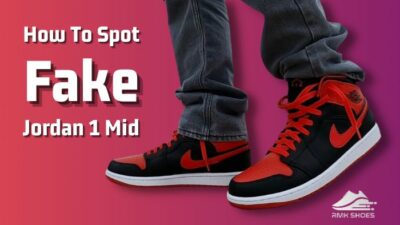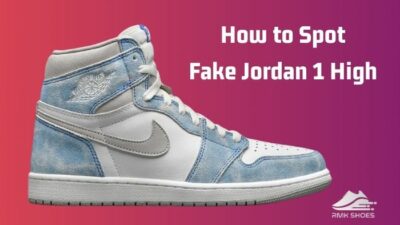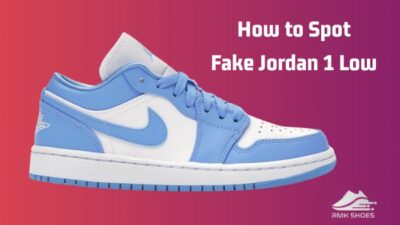Believe it or not, it is quite common for brand new boots – yes, even brand new Timberland boots – to hurt your feet in different areas. However, it’s not permanent, and there are some tips to make them stop hurting.
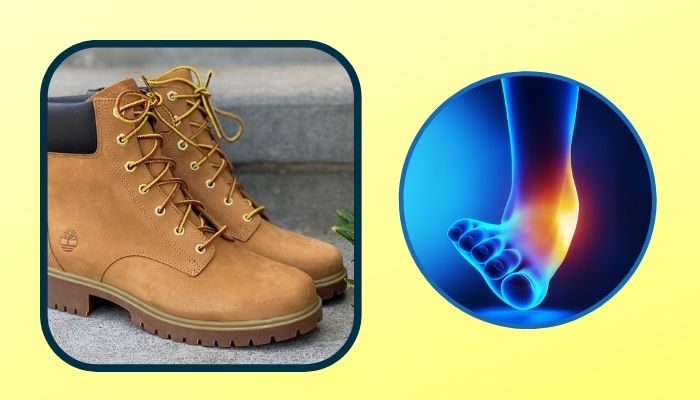
So, why does it happen? And how do you fix it?
There are many ways to make your ankles hurt less, but you need to know precisely why your ankles are hurting to fix them properly.
So, read till the end to know all the tips to give your ankles the relief they need.
Why Do Your Ankles Hurt Wearing Timberland Boots?
Did you ever buy a pair of brand new Timberland Boots with the perfect fit, but somehow they start to hurt your ankle once you start wearing them?
And eventually, you start questioning whether the boots are the right ones for you at all?
Well, you are not alone.
However, it is not necessary that your boots will hurt only when they are brand new. They can still hurt your ankles after quite a while.
So, why does this happen?
There are quite a few reasons why your Timberland boots could be hurting your feet.
If your boots are not broken in effectively, then the tough boot rubbing against your ankle can make it hurt and eventually cause painful blisters.
Some of the boots are quite heavy, and wearing them for extended periods of time may result in sore ankles.
Another big reason could be the size of your boots. Buying boots that are too large or small for your feet can rest in ankle pain. In this case, even walking around in them, or simply standing still, may become painful.
So, given all these reasons, what can be done to get rid of the pain?
Follow our epic guide to know Are Timberlands Good Work Boots.
How To Prevent Timberland Boots From Hurting Your Ankles?
Now that you know why Timberland boots can hurt your ankles, what can you do to fix them? How do you make it stop from hurting?
The break-in period of your Timberland boots is critical because that is when most people will experience chaffed ankles.
I have discussed different ways that you can try to make the Timberlands stop hurting. Try them out and see which one works best for you.
Here are the ways to prevent Timberlands from hurting your ankles:
Wear Thick Socks
Breaking in your Timberland boots can be pretty painful. To help reduce the discomfort and prevent blisters, you can wear thick, long socks to protect your feet.
The socks will act as a protective layer between your skin and the boots, preventing the rough edges from rubbing against your ankles.
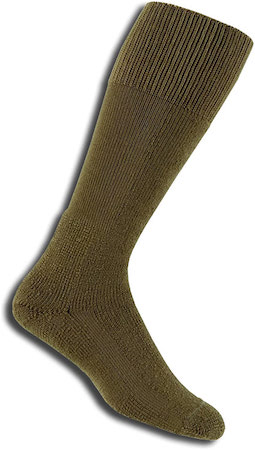
Moreover, if the Timberland boots are a bit roomy for your feet, the thick socks will fill up the space and prevent the boot from rubbing against the ankle bone.
If you don’t have any thick enough socks, you can also double up on them and wear two socks at a time for additional protection for your ankles and feet.
Also, check out our separate post to know Do Timberland Boots Stretch.
Try Out Some Bandaids
Another way of preventing the boots from rubbing against your ankles and causing blisters is by putting on bandaids.
Carefully place the bandaids on your ankle bone where your boot rubs against your skin. The bandaid will act as a protective barrier and prevent your ankles from chafing.
Follow our guide on How Long Do Timberland Boots Last.
Change The Lacing Pattern
While breaking in your boots, even if you cannot completely prevent the discomfort, you can reduce the pain by lacing your boots differently.
Make sure that the laces are not tied too tight. To keep them relatively loose, you can skip a few holes when lacing your Timberlands.
Tie the laces in such a way that they fit snuggly around your feet but leave the two or three topmost holes untied.
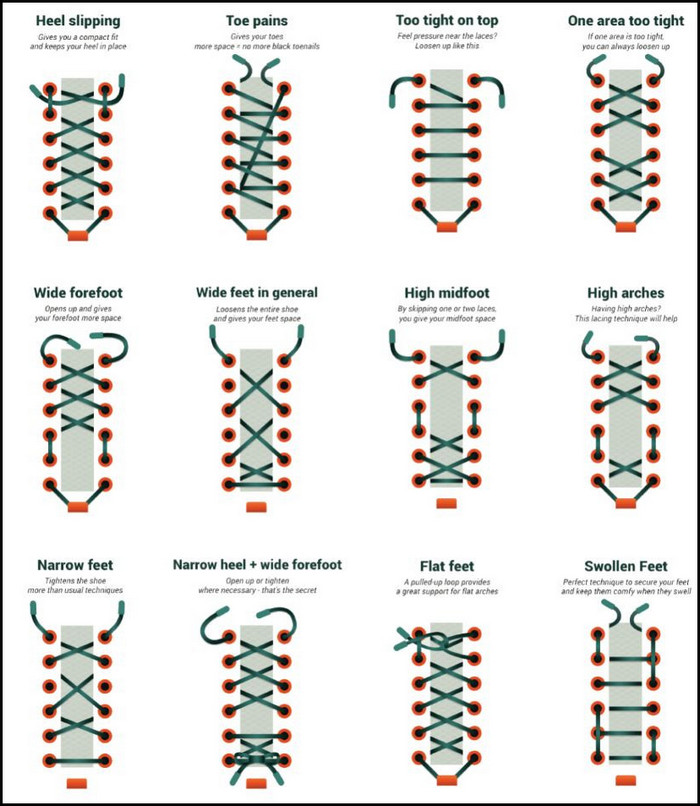
Tie your Timberlands this way for a week or so until you feel like they have been broken in enough to not hurt your ankles anymore.
Once they are soft enough, you can go back to tying your shoelaces as per usual.
Check out my epic guide: Are Timberland Boots Good for Motorcycle Riding?
Add Moleskin To Your Boots
You can buy moleskin patches for your Timberland boots as well as your feet.
Put on the adhesive moleskin at the back of your boots on that part that creates the most friction with your foot. This will act as a smooth barrier and prevent the boot from cutting our ankle.
Try Gel Cushions
If the bandaids and moleskin don’t work out for you, you can try using gel cushions.
Gel cushions are made of silicone combined with an advanced gel system.
This cushion forms a gel layer over your ankles that protects them by preventing the boots from coming in contact with your ankle and cutting it.
The gel cushion also has a cooling effect on the skin – so if your ankles are already sore, you can wear this gel cushion over them before putting on a pair of boots for added comfort.
Also, check out my post to know Can You Wear Timberland Boots in the Summer.
Stretch The Boots Around The Ankle
One of the most effective ways of preventing sores and blisters around the ankle is by stretching the Timberlands around the ankle area.
To carry this out, you will need a boot stretcher spray. Spray around the seams of the boot, focusing on the region that rubs against the ankle.
Then lightly beat the part that you need to stretch using the smooth side of a hammer. Finally, using a baseball bat, slowly roll over the leather, allowing it to stretch.
Hopefully, using these different methods, you will be able to alleviate the pain and break in your boots much more easily.
However, you can also try out boot stretchers, insoles, and tongue pads to get rid of the discomfort as much as possible and have a pleasant experience even while breaking in your Timberland boots.
Check out to know Are Timberland Boots Good For Winter.
Conclusion
To sum it up, yes, Timberland boots can be a little tough on your ankles, especially if they are new and haven’t been broken in properly.
So the trick is to break in your boots as effectively as possible. But to make the experience less uncomfortable, make sure you try out the tips mentioned above.
Unless your Timberlands are defective or the wrong size, these tips and tricks will surely help you get rid of the pain in your ankles.
Remember that adequately breaking in your Timberlands – or any other boots for that matter – is the key to loosening the tension on your ankles and preventing painful sores.
I hope this article has been helpful for you. If you have tried out any other methods that have helped relieve the friction on your ankles, do let me know in the comments below.
Don’t forget to leave your feedback or queries if you have any. Cheers!

